What is Pride, exactly? Pride is an annual celebration of the LGBTQ+ community and its long and colourful history. It began as a series of protests and demonstrations in response to widespread discrimination and violence against LGBTQ+ people. It’s since evolved into a global movement for equality and acceptance. Team Sloppy Jones walked in the 2022 Toronto Pride Parade. Over a million people came out to support the celebration. The Pride Toronto 2023 March will be held June 25, 2023.
See The Pride Toronto website for further Pride activities and details.
The Stonewall Uprising
The roots of Pride can be traced back to the Stonewall uprising, a series of protests that took place in New York City in June, 1969. The Stonewall uprising, also known as the Stonewall riots or Stonewall rebellion, was a series of spontaneous protests and demonstrations by members of the LGBTQ+ community against a police raid that took place at the Stonewall Inn in New York City.
During the 1960s, LGBTQ+ individuals faced widespread discrimination, harassment, and criminalization. Homosexuality was illegal in most countries and US states, and LGBTQ+ people often faced police raids, arrests, and mistreatment. The Stonewall Inn, a gay bar located in Greenwich Village, New York City, was a popular gathering place for the LGBTQ+ community, particularly for marginalized individuals, such as transgender people, drag queens, and homeless LGBTQ+ youth.
On the night of June 28, 1969, police officers conducted a routine raid on the Stonewall Inn. Raids on gay bars were common at the time, but this particular raid sparked a strong resistance from the patrons and surrounding community. As the police attempted to arrest people, the crowd began to resist and fight back, with tensions escalating throughout the night.
The uprising continued for several days, with clashes between the LGBTQ+ community and the police. Protesters threw objects, shouted slogans, and fought against the police officers. The uprising drew significant attention and attracted more participants as news of the events spread. It became a rallying point for the LGBTQ+ community, who were tired of enduring mistreatment and oppression.
The Stonewall uprising was a pivotal moment in the LGBTQ+ rights movement, igniting a sense of pride, resilience, and activism that continues to shape the fight for LGBTQ+ equality today. It marked a moment of collective resistance and defiance against the systemic oppression. It served as a catalyst for the LGBTQ+ rights movement, leading to the formation of activist organizations and the organization of LGBTQ+ pride marches and demonstrations.
LGBTQ+ activists and allies became more visible and vocal in their demand for equality and civil rights. The events of Stonewall inspired a renewed sense of empowerment and mobilization within the community and contributed to the broader social and cultural shifts that led to increased acceptance and rights for LGBTQ+ individuals in the following decades.
The First Pride March
On June 28, 1970, on the one year anniversary of the Stonewall Uprising, the first Pride marches were held in New York, Los Angeles and Chicago.The first Pride march took place in New York City in 1970, on the first anniversary of the Stonewall uprising. It was a peaceful march that drew thousands of participants and marked a major milestone in the fight for LGBTQ+ rights.
Author Hugh Brewster has documented his efforts to help organize Toronto’s first Pride parade in 1972, but officially, the first parade evolved from the mass protests that followed the Toronto bathhouse raids in 1981. Today the event is organized by Pride Toronto, a non-profit organization.
Over the years, Pride has become an international movement, with events taking place in cities around the world. Pride celebrations typically include parades, marches, concerts, and other events that celebrate the LGBTQ+ community and promote awareness of LGBTQ+ issues.
The Role of Pride in Recent Years
In addition to being a celebration of the LGBTQ+ community, Pride has also played an important role in advancing LGBTQ+ rights. Through activism and advocacy, LGBTQ+ activists have fought for legal protections against discrimination and for the recognition of same-sex relationships.
In recent years, Pride has also become a platform for intersectional activism, with LGBTQ+ activists working to address issues of racism, ableism, and other forms of discrimination within the community. Many Pride events now include programming and events that center on issues facing LGBTQ+ people of color, transgender and gender non-conforming individuals, and other marginalized groups within the community.
Countries where homosexuality is still illegal
Despite the progress that has been made, the fight for rights is far from over. LGBTQ+ people still face discrimination and violence in many parts of the world, and legal protections for LGBTQ+ people vary widely depending on the country or region. Based on our research, as of the end of 2021, there were still 62 countries where homosexuality was illegal.
Engaging in same-sex sexual activity can be subject to criminal penalties including the death penalty. Here are some countries where homosexuality is illegal:
- Afghanistan
- Algeria
- Angola
- Bangladesh
- Barbados
- Bhutan
- Brunei
- Comoros
- Dominica
- Egypt
- Eritrea
- Eswatini (formerly Swaziland)
- Ethiopia
- Gambia
- Ghana
- Grenada
- Guinea
- Iran
- Iraq
- Jamaica
- Kenya
- Kuwait
- Lebanon
- Liberia
- Libya
- Malawi
- Malaysia
- Maldives
- Mauritania
- Mauritius
- Morocco
- Namibia
- Nigeria
- Oman
- Pakistan
- Palestine
- Papua New Guinea
- Qatar
- Saint Kitts and Nevis
- Saint Lucia
- Saint Vincent and the Grenadines
- Saudi Arabia
- Senegal
- Sierra Leone
- Singapore
- Solomon Islands
- Somalia
- South Sudan
- Sudan
- Syria
- Tanzania
- Togo
- Tonga
- Trinidad and Tobago
- Tunisia
- Turkmenistan
- Uganda
- United Arab Emirates
- Uzbekistan
- Yemen
- Zambia
- Zimbabwe
In many of these countries, the enforcement and severity of these laws vary, and societal attitudes towards homosexuality may also differ. LGBTQ+ individuals in these countries may face discrimination, harassment, or even violence due to their sexual orientation or gender identity. Ten of these countries have even been reported to use the death penalty as punishment for practicing homosexuality including Afghanistan, Brunei, Iran, Mauritania, Nigeria (in some northern states, under Sharia law), Saudi Arabia, Somalia (in some regions under Al-Shabaab control), Sudan (in some regions, although the punishment is not consistently applied), United Arab Emirates (in some emirates, under Sharia law) and Yemen (in some regions, although the punishment is not consistently applied)
It’s important to note that laws and regulations can change, so it’s essential to consult updated and reliable sources for the most recent information.
Pride remains an important platform for raising awareness of these issues, advocating for change and working towards creating more inclusive and accepting societies.
The history of Pride is a story of resilience, activism, and progress. From the Stonewall uprising to the global movement it has become today, Pride has played a vital role in advancing LGBTQ+ rights and raising awareness of the issues facing the community. As we continue to fight for equality and acceptance, Pride remains a symbol of hope and a celebration of the diversity and resilience of the LGBTQ+ community.



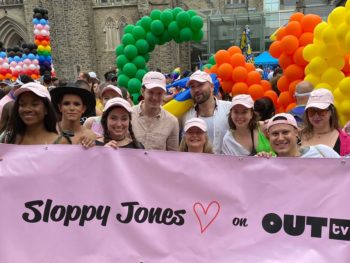
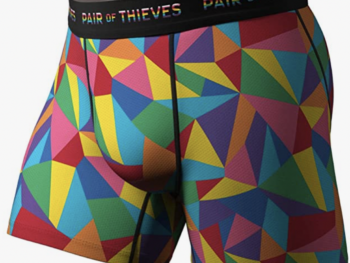
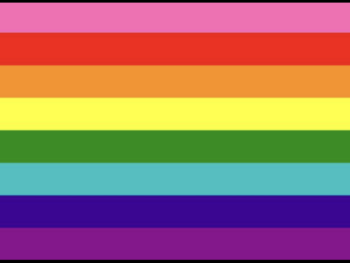
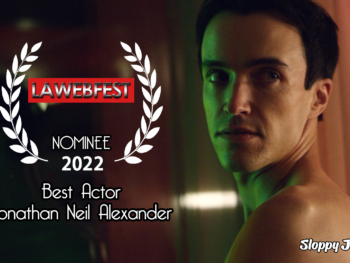


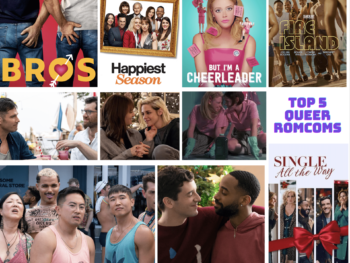
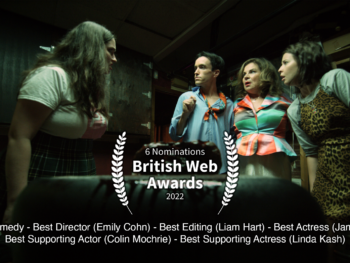
 Top 10 Pride Picks for Stylish Celebrations
Top 10 Pride Picks for Stylish Celebrations

Leave a Reply